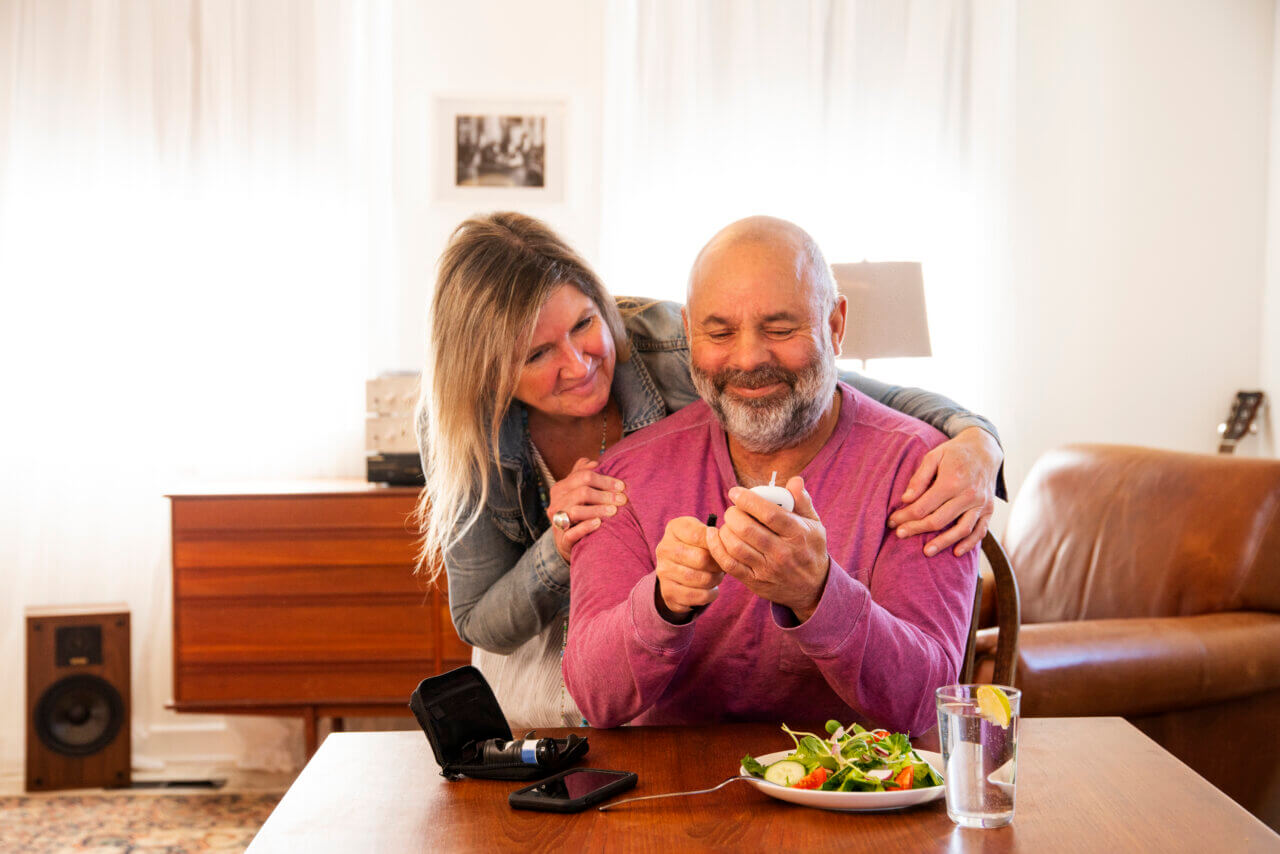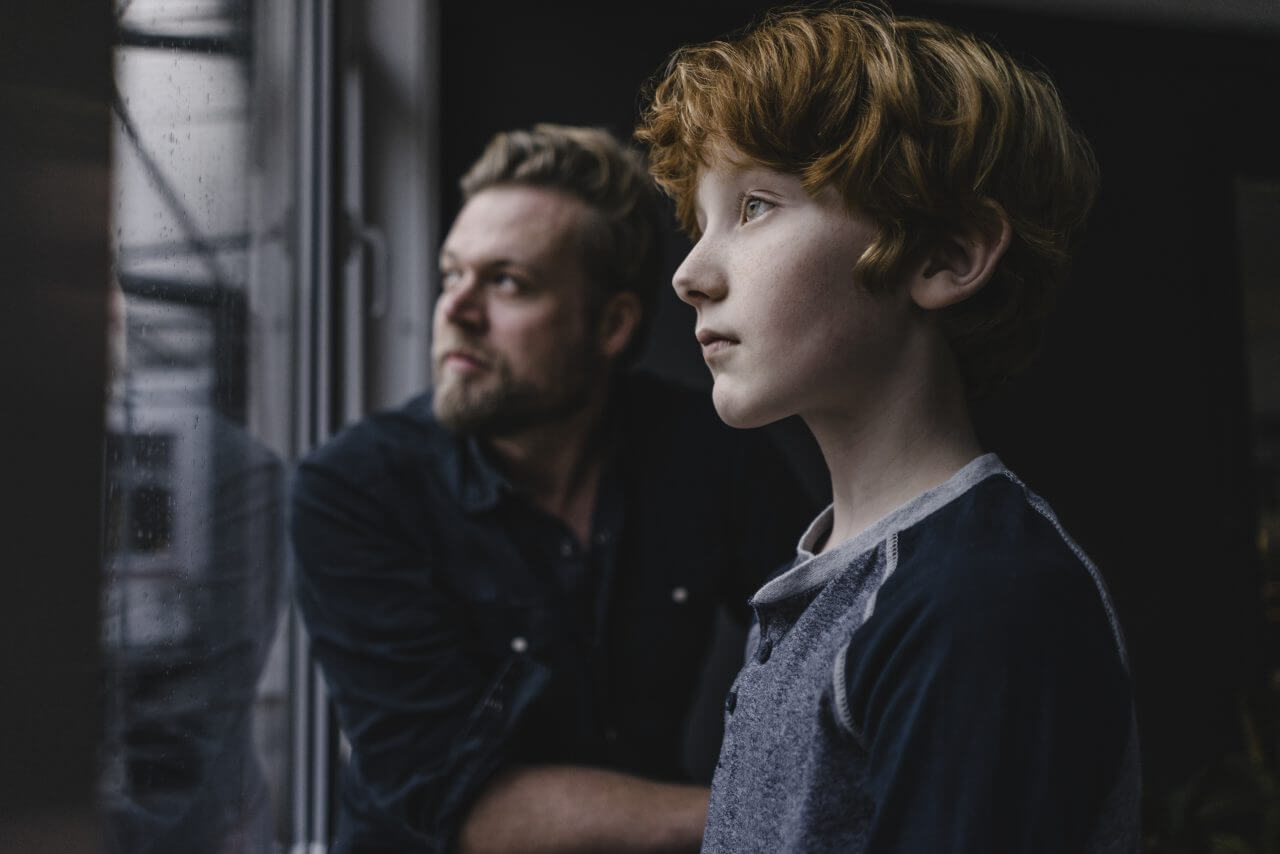5 Questions parents may have about the HPV vaccine

Many parents have taken their preteen for a checkup only to be surprised when they are offered a vaccine against sexually transmitted diseases. But doctors and health experts are recommending a human papillomavirus (HPV) vaccine for boys and girls at around age 11 as protection against a number cancers.
HPV is a common virus spread by sexual contact that many people have without ever knowing because it goes away on its own. The vaccine, which protects against the particular HPV strains that can develop into cancer, is recommended by the Centers for Disease Control (CDC) for adolescents and young adults between the ages of 11 and 26, and for males through age 21 and females through age 26 who weren’t vaccinated when they were younger.
- Why vaccinate so early?
The vaccine is more effective if given before sexual activity begins because it doesn’t protect against HPV strains after a person has come into contact with them. The vaccine also generates a stronger response from younger immune systems, offering better protection.
- How does the vaccine work?
The vaccine is given as a series of three injections and works best when the series is completed within six months. If you miss a dose, talk to your doctor’s office about finishing the series.
- Why should my child get the vaccine?
The HPV vaccine helps prevent infection from the types of HPV that can lead to cancer. These include cancers of the cervix, vagina, vulva, anus, mouth and throat in women, and cancers of the penis, anus, mouth and throat in men.
- Is the vaccine safe?
The U.S. Food and Drug Administration (FDA) has approved the HPV vaccine as safe for anyone age 9 to 26. Millions of doses have been given around the world, resulting in a reduction in HPV infections and conditions associated with cervical cancer.
- Are there any side effects?
The most common side effects are redness and soreness where the shot was given. Other mild reactions reported include fever, headache, fatigue, feeling faint, nausea and vomiting. Individuals who are acutely ill, have a history of being allergic to yeast, are pregnant or are trying to get pregnant should not receive the HPV vaccine.



